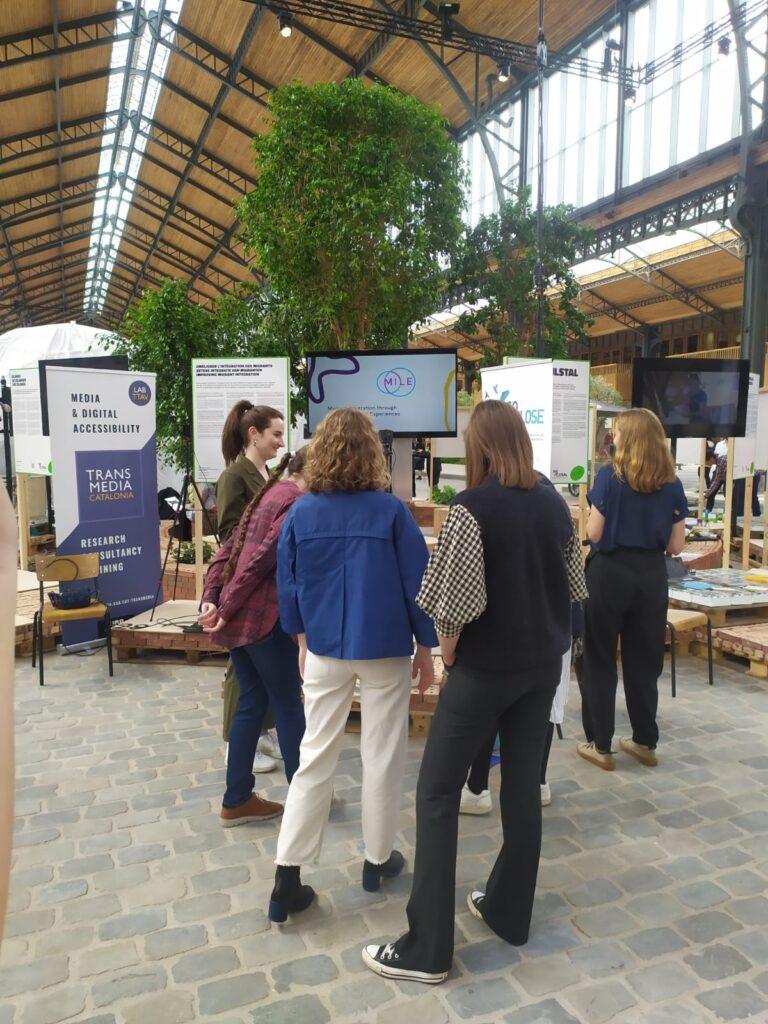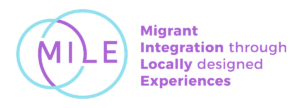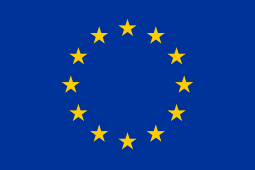From 9-11 June 2022, Transmedia Catalonia (UAB) and UNITEE joined this years Festival of the New European Bauhaus in Brussels to present the work of four EU-funded projects they are part of: MILE, So-Close, Traction, and Rebuild. All four projects are ongoing and working on developing co-creation processes to advance the inclusion of vulnerable groups and strengthen local communities in Europe.



The Festival, organised this year for the first time by the European Commission, aimed at exploring the New European Bauhaus values of beauty, sustainability and togetherness, and their capacity to address societal challenges. For this, one hundred initiatives were invited to present their work in Brussels at the Fair at Gare Maritime at Tour&Taxis. In addition, workshops, debates and artistic performances were organised across the city to promote the values of the New European Bauhaus and highlight the work of a number of different European initiatives.
The Forum hosted roundtables and TEDx style talks with high profile speakers. Several leading national politicians attended the event, such as Elke van den Brandt (Minister for Mobility in Belgium) and President Ursula von der Leyen, who framed the discussions from the European perspective.
So-Close, Traction, MILE and Rebuild are connected through their focus on different aspects of inclusive communities, divserity and co-creation.
So-Close is a Horizon 2020 project, aiming to promote understanding between refugees and their communities by highlighting shared experiences and emotions and co-creating tools to foster mutual understanding.
Traction is also a Horizon 2020 project but which focuses on promoting the transformation of communities at risk of exclusion. The idea is to foster the democratisation of opera, using technology as a means of reaching new audiences. Three trials have been run in: inner-city Barcelona, a youth prison in Portugal and rural communities in Ireland.
Meanwhile, MILE, as a project funded through the EU’s Asylum, Migration and Integration Fund aims to foster cooperation between municipalities and local migrant-led associations. Inclusive consultation mechanisms are planned for each city involved, in the areas most impacted by a migrant presence.
Finally, Rebuild is a Horizon 2020 project working to improve the integration of migrants and refugees in the EU by facilitating their access to legal, social and political information through ICT-based solutions.
Together, the four projects showcased their work at the Fair and organised three workshops open to the public:
The workshop “Leave no one behind! Accessibility and user-centric design” gave practical examples taken from the work carried out as part of TRACTION to demonstrate the practicalities of organising and coordinating an accessible, sustainable event that caters to people with diverse access needs.
The workshop on “Let’s start changing the narrative! Building inclusive cities through co-creation” dove into the concept of inclusive cities and how, through creative exercises and exchange, we can brainstorm and develop visions for inclusive and sustainable cities. At the same time, the workshop was a way to showcase the aims and activities of the MILE project.
The workshop “Accessible Storytelling for social impact: how do we speak about inclusion?” focused on the use of storytelling as a practice to promote dialogue and reflections on the topic of inclusion in the different projects. Participants heard about the art of crafting a story that resonates with people and challenges personal biases, got to co-create a story about inclusive cities with the other participants and discussed how storytelling is used in practice in the different projects.
Despite their different topics, all workshops followed the aim of raising awareness among participants of the challenges and possible solutions to creating more inclusive and accessible communities. In addition, organisers and participants could exchange ideas and learn from each others perspectives and background.
Overall, the Festival was not only an excellent way for the projects to raise awareness around their work on inclusion and co-creation of communities. It was also an opportunity to connect with like-minded associations, find synergies between initiatives, collect input and feedback on initiatives, and meet organisations and individuals interested in building a more inclusive and sustainable future together.
Based on the original Bauhaus movement ideals upgraded to the challenges of the 21st century, the New European Bauhaus seeks to revolutionise the relationships between different disciplines. In the words of President of the European Commission Ursula von der Leyen, it is a “new cultural project for Europe”. After this first pilot edition, the festival should travel in years to come to other European cities to spread awareness of the movement to all the corners of the European Union.

